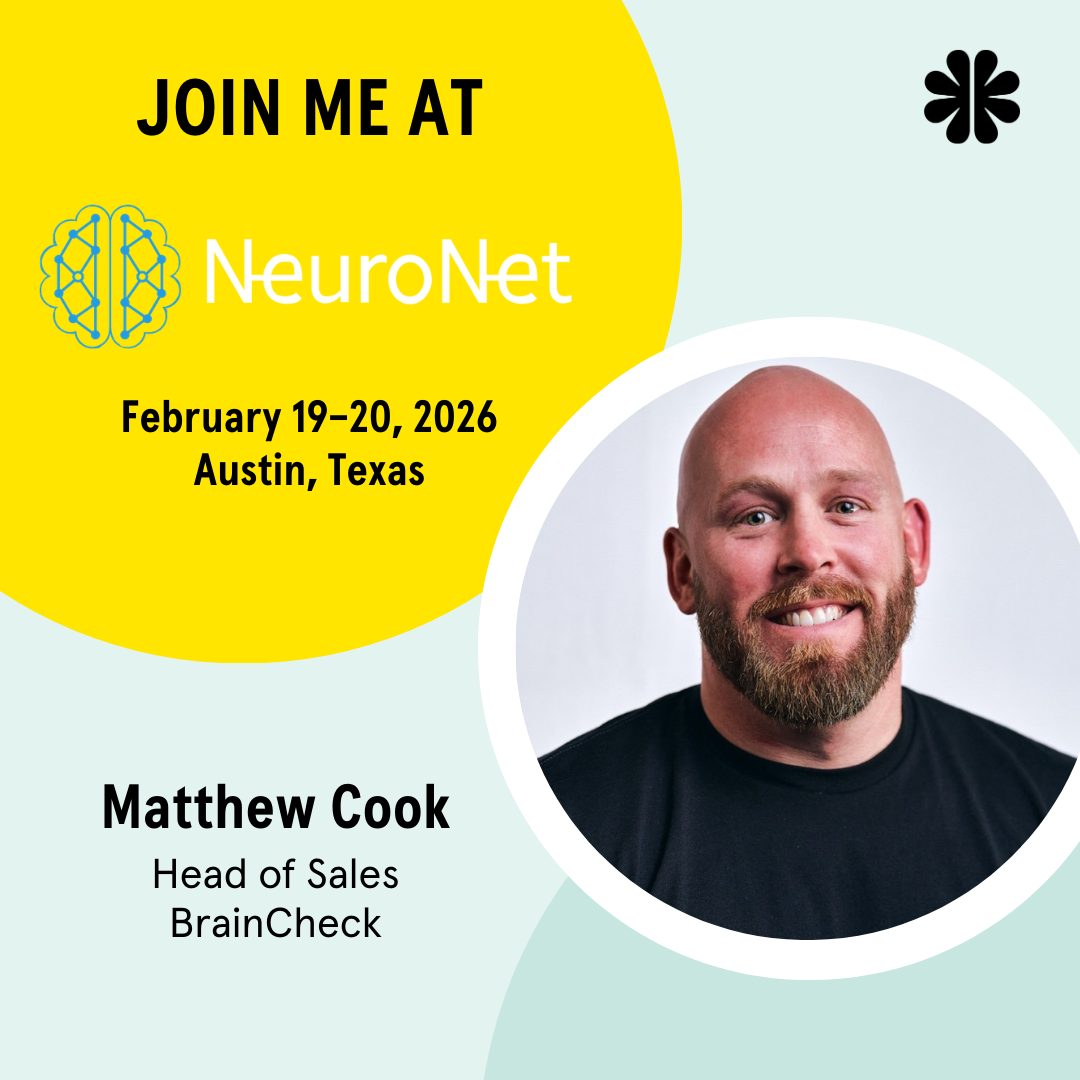Hearing loss is a common health condition that generates little attention in clinical practice relative to its impact within our aging population. By some estimates, 30 percent of individuals over age 65 have a disabling hearing impairment — 15 million in the USA alone — rising as high as 55 percent of those over 80. However, fewer than 30 percent of older adults with diagnosed hearing loss have ever used hearing aids.1 The consequences of both the burgeoning numbers of hearing- impaired individuals and the lack of treatment are recognized in the literature, including social isolation, depression, falls, and generalized decline in quality of life. And a growing body of literature links hearing loss and cognitive decline.
Hearing Impairment and Neurocognitive Function
The loss of sensory stimulation due to hearing decline may increase risk factors for dementia. The mechanism of action is complex and somewhat unclear, but hearing impairment has been linked to auditory cortex, temporal lobe, and whole-brain atrophy.
Unfortunately, the long timeframes associated with the emergence of dementia limit can research on the relationship to hearing impairment. A few, valuable studies, however, do provide insight.
A 2014 review2 from Dr. Frank Lin’s cites up to five-fold increases in dementia for mild, medium, and severe hearing loss over a decade of follow ups.
Age-related hearing loss as a cognitive risk factor was also highlighted in a 2019 study on the Association of Subclinical Hearing Loss With Cognitive Performance, which examined hearing loss in the broader population. The implication is that even those individuals who have only mild hearing impairment may experience measurable cognitive decline.3
A 25-year longitudinal study4 in France reported significant associations between self-reported hearing loss and disability/dementia. Rates of depression were elevated in men with hearing loss. Importantly, the rates of dementia, disability and depression among seniors utilizing hearing aids has been comparable to those with no diagnosed hearing impairment, suggesting that maintenance of adequate hearing (over the long term) may ameliorate cognitive decline.
Early Intervention and Care is Essential
As with other modifiable risk factors for cognitive impairment, active intervention for hearing loss, even in its early stages, holds promise for arresting or slowing cognitive decline.
Referral for hearing assessments, hearing aids, and other treatments have great potential for maintaining quality of life and cognitive health. Dr. Lin2 concludes, “Hearing impairment is unique in likely being the least studied factor, yet the one with potentially the greatest public health impact, if the hypothesized mechanisms linking hearing and cognition are discovered to be amenable to hearing rehabilitative therapies.”
Complaints of hearing loss by those at risk, observed symptoms of hearing loss, or findings during regular screening offer an important two opportunities. First, to educate patients and families on the importance of hearing, including the observable impact on cognitive health.
And second, pairing auditory screening with cognitive assessment.
Easy-to-use cognitive assessment tools, such as Braincheck, provide a valuable opportunity for early detection of the cognitive effect of hearing loss. Cognitive care planning can help patients and their families prevent further decline. And on-going assessment can help physicians track progress of their patients cognitive function.
See more benefits of adopting BrainCheck in your practice »
References
- “Quick Statistics about Hearing.” National Institute on Deafness and Other Communication Disorders, https://www.nidcd.nih.gov/health/statistics/quick-statistics-hearing
- Lin FR, Albert M. “Hearing loss and dementia – who is listening?” Aging Ment Health. 2014;18(6):671-673. doi:10.1080/13607863.2014.915924
- Golub JS, Brickman AM, Ciarleglio AJ, Schupf N, Luchsinger JA. “Association of Subclinical Hearing Loss With Cognitive Performance” [published online ahead of print, 2019 Nov 14]. JAMA Otolaryngol Head Neck Surg. 2019;146(1):57-67. doi:10.1001/jamaoto.2019.3375
- Amieva, H, et al. “Death, Depression, Disability, and Dementia Associated With Self-reported Hearing Problems: A 25-Year Study.” The Journals of Gerontology: Series A, Volume 73, Issue 10. October 2018. https://doi.org/10.1093/gerona/glx250




